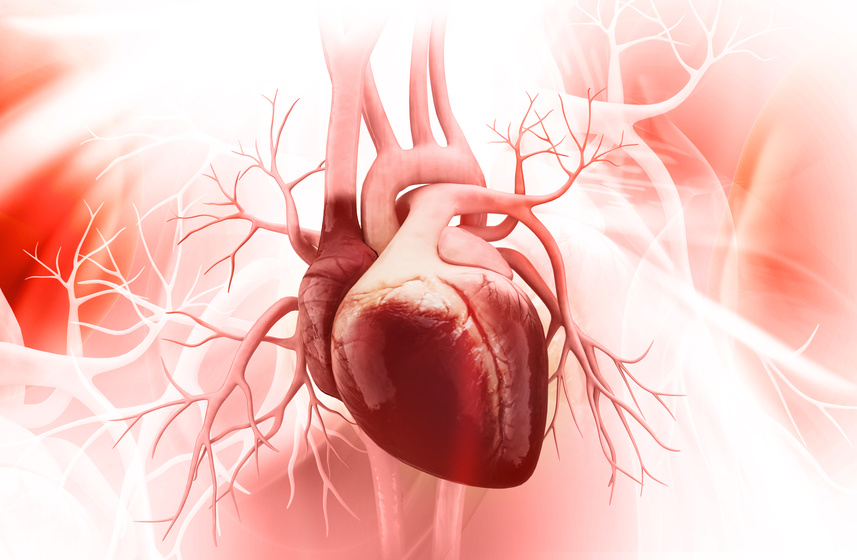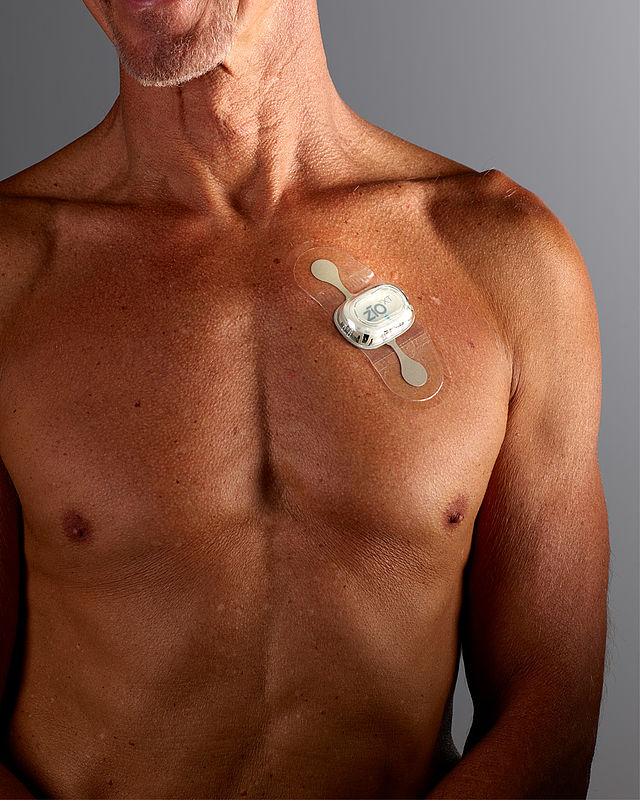Blood thinners reduce stroke risk
OTIs are medications that thin the blood: so-called anticoagulants. In cases of cardiac arrhythmia like atrial fibrillation they are prescribed in order to reduce the risk of strokes. The so-called new oral anticoagulants (NOACs), to which oral thrombin inhibitors (OTIs) belong, are an attractive alternative to the conventional blood thinners, vitamin K antagonists (VKAs). This is because compared with VKAs, NOACs such as OTIs have some advantages: e.g., a lower stroke risk, and severe bleedings are also less frequent. Furthermore, they interact less with other medication, the regular blood testing required with VKAs does not apply, and diet cannot affect the blood thinning effect as easily. “However, several large meta-analyses with several 10,000 patients have shown that there is an increased risk of suffering a heart attack if the patient received OTIs”, reports Dr. Tobias Petzold of the Hospital of LMU Munich. “We wanted to pursue this observation and ascertain why patients suffer from more heart attacks if they receive the blood thinner which otherwise protects them well from strokes and deep vein thromboses.”
Crucial point: blood flow
The Munich-based team therefore examined blood samples of patients who received either OTIs or vitamin K antagonists, and blood from healthy individuals. They poured the blood into small plastic flow chambers that were coated with different surfaces including collagen, a component of the vessel walls, or the von Willebrand factor which forms a kind of bridge between the platelets and the vessel wall during haemostasis. A further coating consisted of human atherosclerotic plaque material, in other words deposits which were isolated from the carotid artery of patients with atherosclerosis. The Munich-based scientists were not the first to analyse the blood of OTI patients. Previous studies had examined blood under static conditions. However, it was crucial for the DZHK scientists’ discovery that they simulated blood flow in their chambers; only then increased clumping of platelets and blood clot formation occurred in OTI treated blood. The effect was amplified still in the chambers coated with plaque. Even in the animal model the researchers could confirm these prothrombotic effects of OTIs. They assume that OTIs change the way the coagulation factor thrombin bonds to a surface receptor on platelets because antibodies that block this bond also prevent clumping of platelets and blood clot formation. “This mechanism could contribute to heart attacks occurring more frequently in patients that take OTIs”, explains Petzold.
Heart attack risk to be considered
Ongoing clinical studies will further investigate the relevance of the observed effects. Equally, these laboratory results cannot simply be translated into clinical practice, since too many factors play a role in blood clot formation and the development of a heart attack. Yet the Munich-based physicians conclude that before administering OTIs the patient’s risk of a heart attack should be considered, i.e. by checking whether a coronary artery disease is present. “However, if there is no risk of a heart attack, the advantages of OTIs clearly outweigh the disadvantages”, emphasizes Petzold. In his opinion, in the coming years the focus will be on determining the ideal blood thinner for different patient groups with the help of clinical studies.
Original publication:
Oral Thrombin Inhibitor Aggravates Platelet Adhesion and Aggregation During Arterial Thrombosis. Petzold, T., Thienel, M., Konrad, I., Schubert, I., Regenauer, R., Hoppe, B., Lorenz, M., Eckart, A., Chandraratne, S., Lennerz, C., Kolb, C., Braun, D., Jamasbi, J., Brandl, R., Braun, S., Siess, W., Schulz, C. & Massberg, S. Science translational medicine, 8(367): 367ra168 (2016). DOI: 10.1126/scitranslmed.aad6712
http://stm.sciencemag.org/content/8/367/367ra168
Contact:
Dr. Tobias Petzold, Department of Internal Medicine I, Hospital of LMU Munich,
phone: + 49 89 4400-0, tobias.petzold(at)med.uni-muenchen.de
Christine Vollgraf, Public Relations Officer, German Centre for Cardiovascular Research (DZHK), phone: +49 30 3465 529 02, presse(at)dzhk.de




